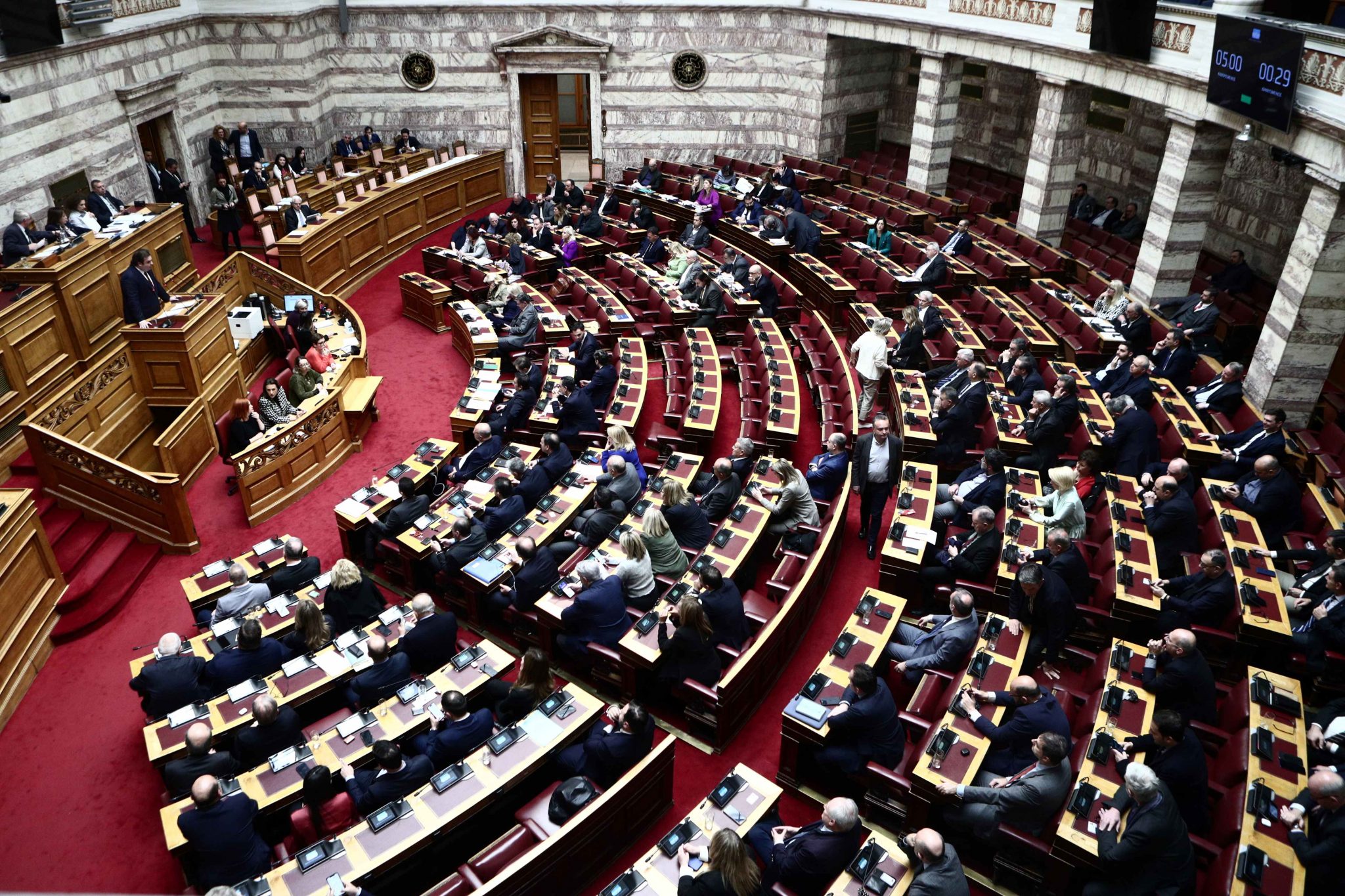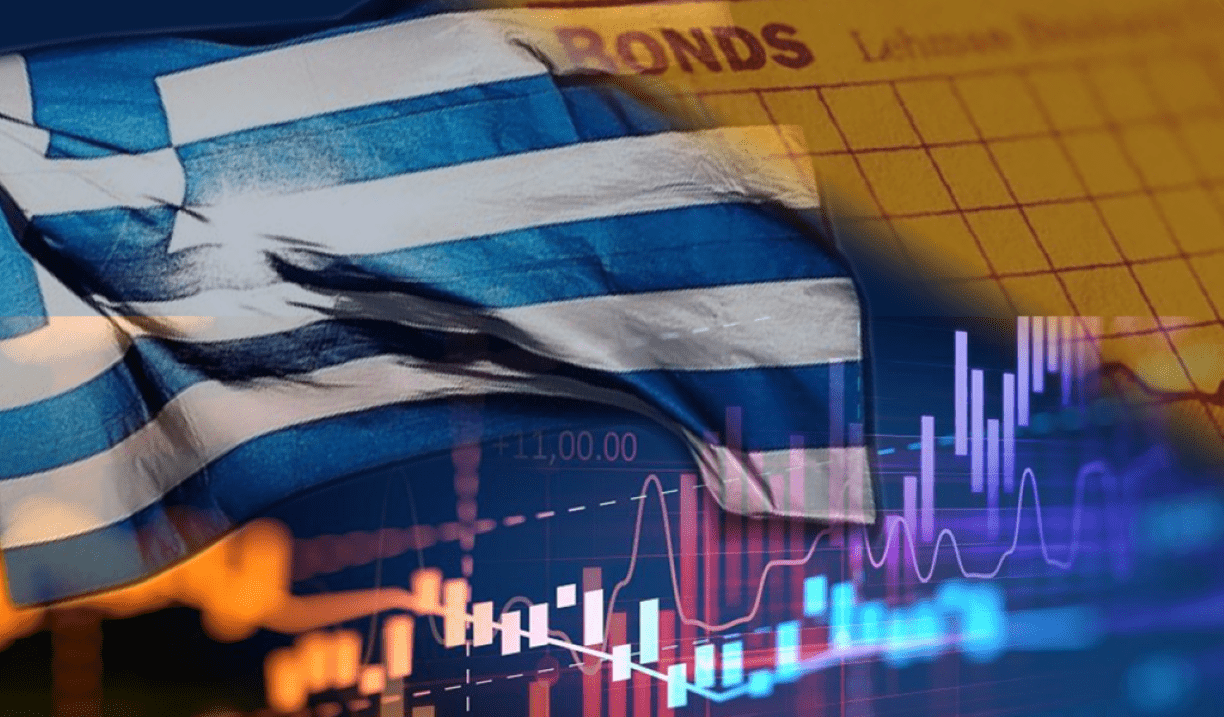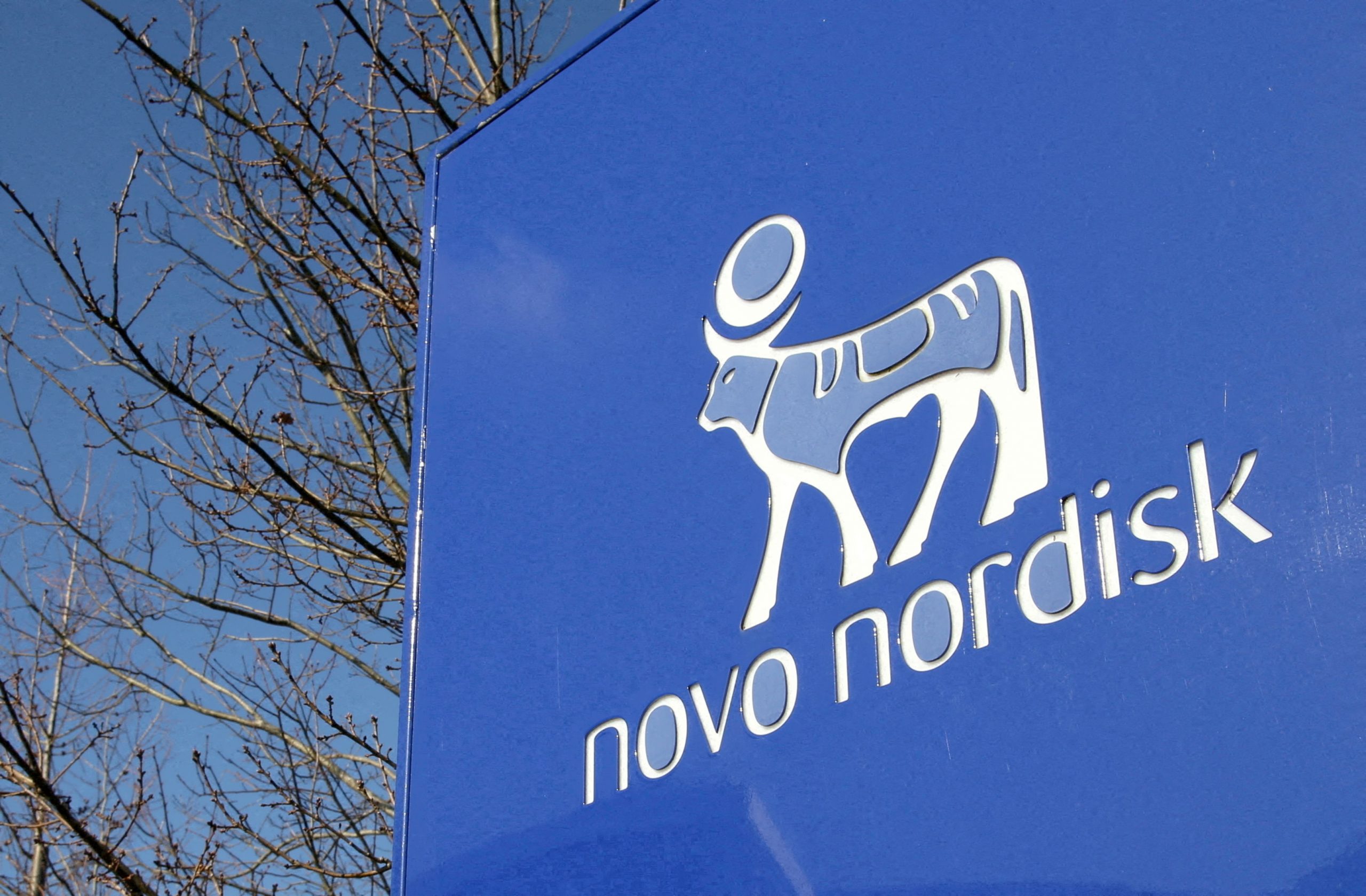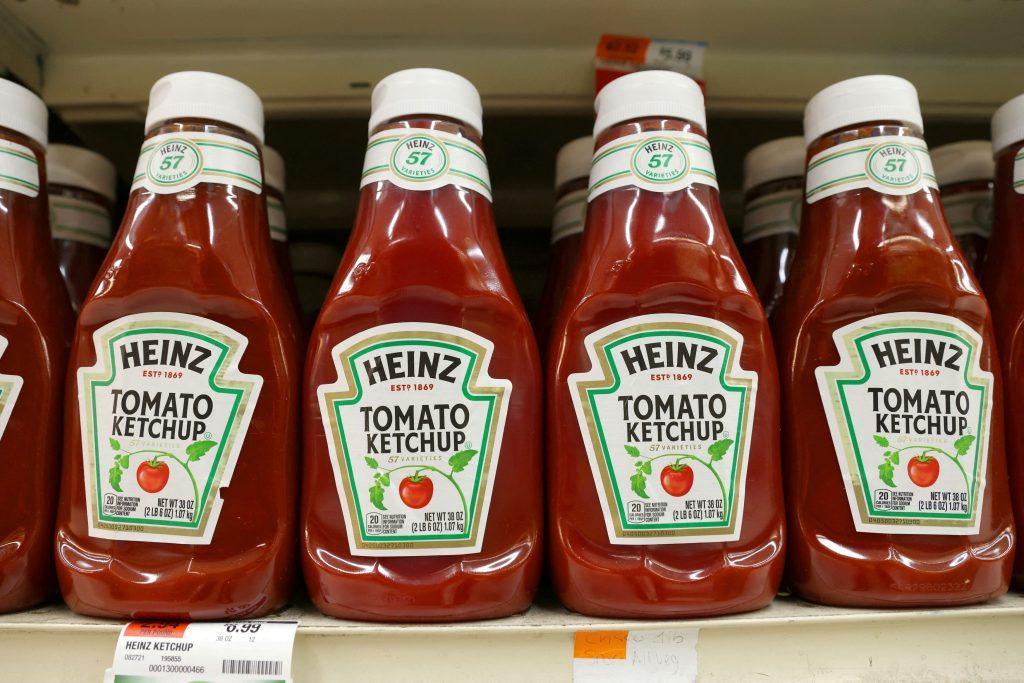With new and old “weapons” the Ministry of Development is trying to shoot down inflation in food and daily essentials, at a time when consumers receive a new attack on family budgets from higher prices on energy bills and without being able to count on some sort of government defense, since the budgetary margins are narrowing.
Hefty fines
The tactic of the multinational giants to price their products at higher prices in Greece compared to other European countries with much greater purchasing power has long been targeted by the services of the Ministry of Development, with Kostas Skrekas stating that “it is a timeless a problem which we are determined to deal with”, adding that “if the audits prove to be fraudulent, very strong fines will be imposed which we will not hesitate to announce”.
Certified controls
Already, according to information, the first investigations, which concern the cost data for specific categories of basic products, are in the completion stage. It is estimated that at the end of next week these investigations, in the first phase in the sectors of detergents, cleaners and personal hygiene and care products, will have been handed over to the minister.
In particular, the services of the Ministry of Development in the controls for compliance with the provision on the ceiling on the profit margin are scrutinizing product categories where the share of multinationals is strong. And if “bells” ring, such as the more expensive pricing in Greece compared to other European countries, explanations are requested. Whereas if a violation of the profit margin ceiling is found, fines are imposed.
According to the information of “Vima” newspaper, the audits to date have resulted in serious findings for some multinationals, regarding the non-compliance with the ceiling on the profit margin.
Competition Commission
In addition to the controls of the Ministry of Development, the multinational companies, which hold a dominant position in the Greek market, will also be confronted by the Competition Commission, which is also thoroughly dealing with the matter.
In addition, within the next period, specifically in December, the publication of comparative price surveys for multinational products sold in Greece and in other European countries is expected, as was done with detergents.
According to the research in question, in Greece laundry detergents are sold up to 361% more than in the EU’s cheapest market, which is Ireland. The independent Authority compared the prices in Greece and in other European countries of a series of products (powder and capsules) of the companies Unilever and P&G, the multinationals that gather the highest market share in the category in question in the domestic market.
In fact, the president of the Competition Commission, Mr. Ioannis Lianos, proposed that the Commission take the initiative to publish the average prices of a series of the same products in European countries.
Baby formula
While the demographic collapse is literally becoming an existential bet for the future of Greece, as there is now one birth for every two deaths, parents in Greece pay for infant formula from 13.4% to 43.2% more expensive than mothers and fathers in Spain, England, France, as well as in neighboring Cyprus. And we are not talking about different products or different distribution channels, but about the same product of a leading multinational food industry that one finds on the shelves of the largest supermarkets in each country, including any offers.
A well-known toothpaste of a large multinational company is sold on Greek shelves at higher prices compared to other European countries with much greater purchasing power, according to a price survey carried out by “To Vima” of prices in the online stores of supermarket chains in Greece and in four other countries (United Kingdom, Spain, France and Cyprus). For example, in relation to France, the aforementioned toothpaste (75 ml package), which actually holds a significant share in our country, is sold 34.2% more expensive.
Not only is raising babies more expensive, but also personal hygiene. A well-known foam bath of a multinational company is sold in Greece for 8.75 euros per liter when in Spain the same product is 16.9% cheaper. Bitter realization: In Greece, this particular product is sold in most supermarkets at a discount price! Otherwise the percentage difference would be much greater.
In the only multinational product in which our country does not compete in inflation compared to the other four is butter. But Greece is still “beaten” by the United Kingdom and France.
The methods
The methods applied by the multinationals to “inflate” the prices of the products in the Greek market by controlling 60% of the mass consumption products (food, detergents, household items, etc.), are neither hidden nor new.
The overpricing and underpricing of goods and services in such a way as to minimize the overall tax burden of the parent group, the imposition of high royalties on companies within the same group, high interest rates on loans from the parent to subsidiaries and the purchase of raw materials against expensive prices from commercial group companies based in other countries are the most well-known tactics used to raise the cost of products sold in countries where the multinationals do not have a productive but only a commercial presence.













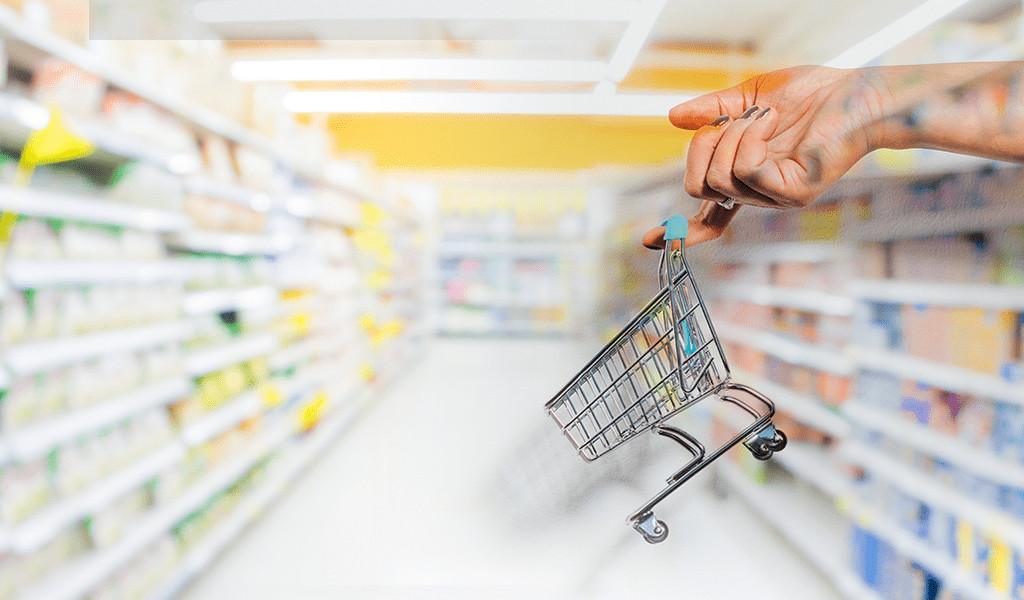


![Χρυσές λίρες: Πλησιάζει τα 1.000 ευρώ – Πού πωλούνται στην Ελλάδα [πίνακες]](https://www.ot.gr/wp-content/uploads/2025/07/ot_lires25.png)


